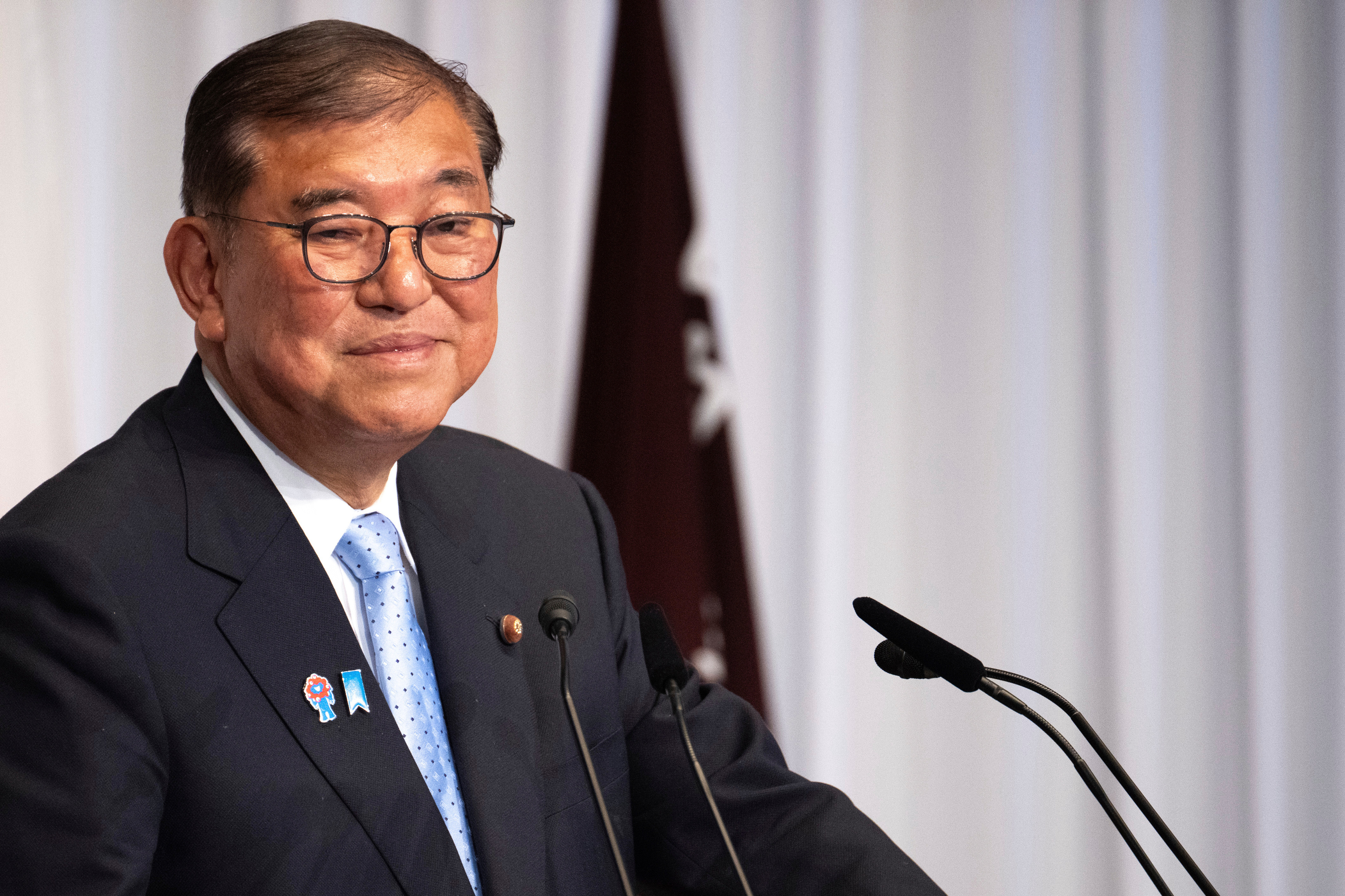Nine months after the party that has been ruling for 65 years Japan suffered a harsh setback in legislative elections by losing the majority in Parliament, the archipelago is once again facing political uncertainty after another historic blow at the polls: the Liberal Democratic Party (LDP) of Prime Minister Shigeru Ishiba and their coalition partner, the Komeito Buddhists, have also lost the majority in the Senate.
Official projections confirm Ishiba's defeat in the elections held on Sunday to renew half of the 248 seats in the Upper House. The ruling bloc would have obtained 47 out of the 125 seats at stake in these elections, just shy of the 50 needed to maintain the majority.
"I humbly and sincerely accept the result," a weakened Ishiba (68) stated, deeply affected within his party by the continuous scandals rocking his party and by the enormous crisis unleashed this year following the rise in rice prices, which doubled this year, becoming a lightning rod for voter discontent.
The leader of the world's fourth-largest economy has also been worn down by Donald Trump's trade war as Tokyo desperately tries to reach a trade agreement with the United States before the end of this month to halt the 25% U.S. tariffs.
Following the PLD's new failure, a conservative party, many critics, even from within the ruling party, are calling for Ishiba's resignation, as leading the country without control of both chambers will be very challenging. Speculation had been circulating in recent hours about the prime minister's possible resignation. However, Ishiba has ruled out that possibility. "I still have many duties to fulfill for the nation, such as disaster prevention, rural development, and combating demographic decline," the leader said after it was revealed that it was his party's worst election result since 1999.
The other news from these elections has been the emergence of the far-right party Sanseito, which came in second place with a historic result by securing 14 seats. This party is a product of YouTube, led by a former supermarket manager and English teacher named Sohei Kamiya (47), who emerged during the pandemic by posting videos with all kinds of conspiracy theories about vaccines, lockdowns, claiming it was all part of a sinister plan by globalist elites.
Kamiya's success has been putting a party with a radical discourse that had previously been on the fringes of Japanese politics in the spotlight. The successive governments of the PLD have advocated nationalist and protectionist policies but without going to extremes. From Sanseito, they say they have been inspired by Donald Trump's figure to defend their campaign slogan, "Japanese First!". Kamiya has publicly supported mass deportations of immigrants in the U.S. and acknowledged that his program incorporates some ideas from other European extremist parties like the German AFD. In their manifesto for these elections, the party called for a "return to traditional family values."
Analysts say that Sanseito and other opposition parties have capitalized on the widespread discontent towards a government that has failed to curb rising rice prices or stabilize falling wages. Additionally, the image of the PLD continues to be tarnished by scandals that have made a lot of noise, such as the case of illicit funds for party financing and the links between elected officials and the controversial Unification Church, a powerful ultraconservative organization known for holding mass weddings and pressuring its followers to make donations that many cannot afford.
The PLD has governed Japan almost uninterruptedly since the post-war period, albeit with frequent changes in leadership. Initially, the party received strong support from the United States, which covertly funded the party because it championed the fight against communism, which was spreading in Asia during the Cold War. Over the years, as Japan consolidated its democracy, the PLD continued to dominate the polls, expanding its popularity especially in rural areas and weaving an enormous network of influential businessmen who have been fattening the party's accounts, which always has far more resources than the opposition for electoral campaigns.
